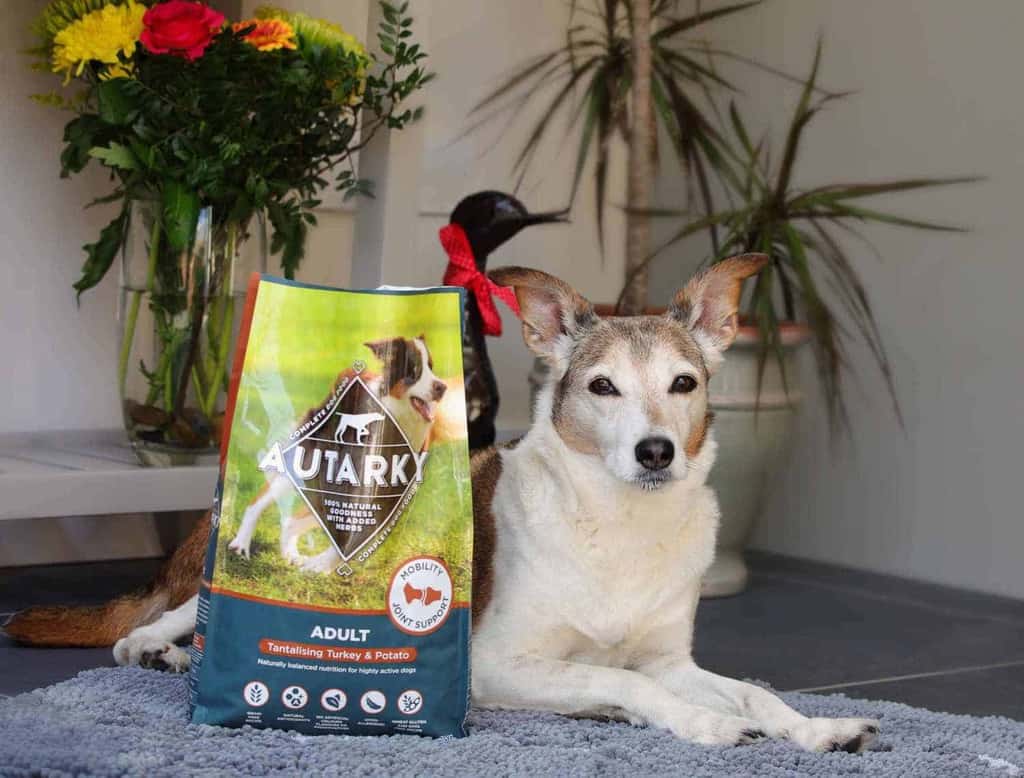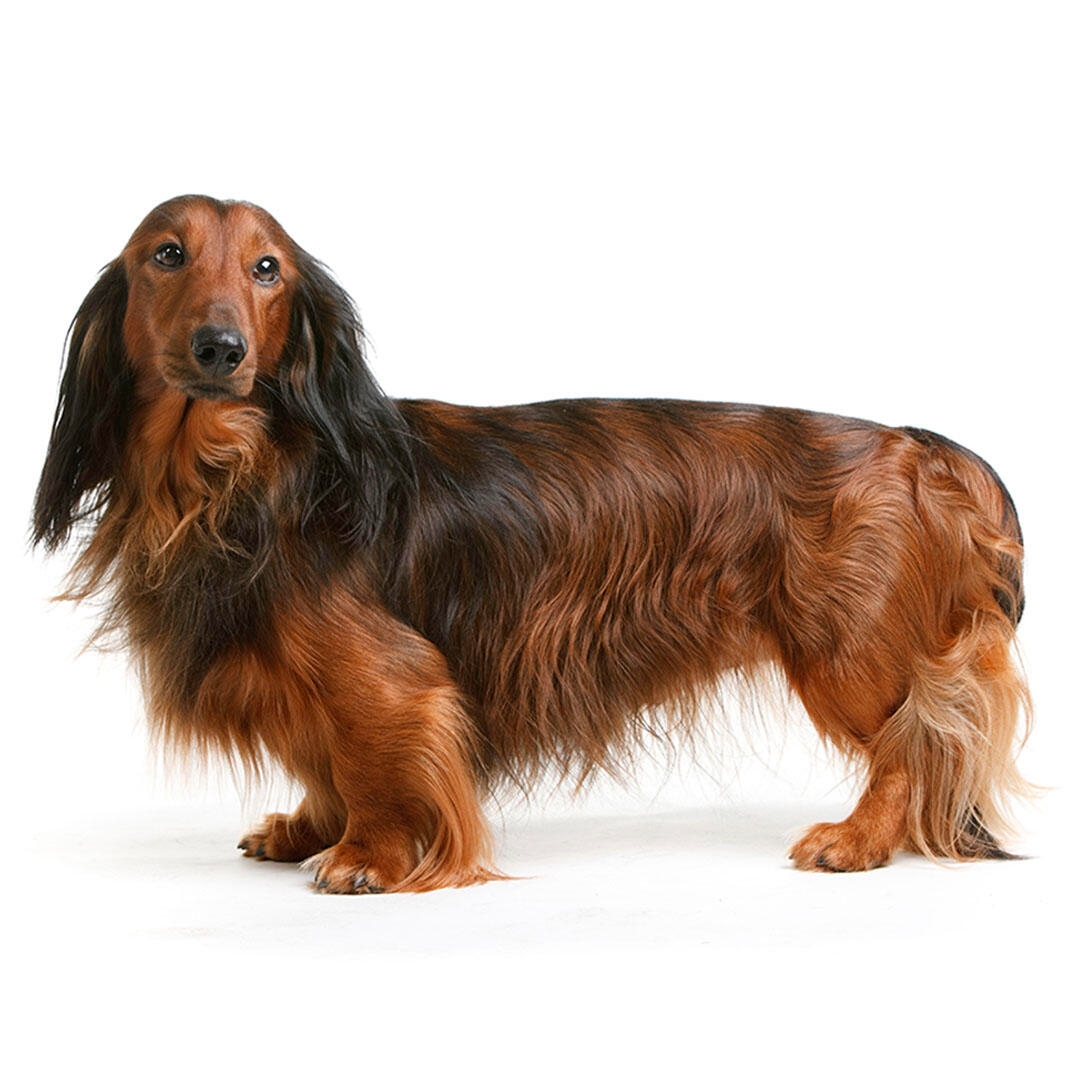
You have reached the right place if looking to adopt an small breed dog. Continue reading to learn about French Bulldogs and Bichon Frises as well as Cocker Spaniels. Each breed is different and each requires different amounts of exercise and grooming.
Cocker Spaniels
Cocker Spaniels can be a great small-breed dog. But you should be prepared for challenges. They aren't hypoallergenic and shed a lot. For people who suffer from allergies, this may be a problem.
There are several diseases that can affect your Cocker's eyes. Blindness can be caused by progressive retinal atrophy. This is a condition in which the cells of the retina are gradually damaged. Another disease that can affect Cockers is glaucoma, a condition where pressure builds up inside the eyeball. These problems can be treated with a variety of treatments. If your dog has any of these symptoms, your veterinarian can suggest a treatment.
Mini American Shepherds
Mini American Shepherds are small breed dogs with a heavy double coat. These dogs shed a lot because of their double coat. You should brush their coats daily. You should also bathe them about once a month. Regular ear examinations are also recommended.

American miniature shepherds are known for being intelligent, athletic, and kind. They have medium-length, merle-patterned hair and a similar appearance to Australian shepherds. Their coats are double-coated with a dense undercoat and short hair on their head. Their legs have moderate feathering.
Bichon Frise
Bichon Frises are a small breed which is easy to care for and is low in shed. This small breed should be treated as an important member of the household. Bichon Frises are not suitable for families with children. They are known to be sensitive to noise and will not tolerate it.
Bichon Frises are highly social, intelligent dogs. Bichon Frises thrive when they are given lots of affection and attention. These dogs are ideal for beginners and apartment dwellers. They love to play and require lots of exercise. They are gentle, affectionate, intelligent and responsive to constant human attention.
French Bulldog
French Bulldogs are a small breed of dog which originated in France. They are a companion and toy dog. The French Bulldog came into existence in the mid-19th century and is the result of crossbreeding between Toy Bulldogs imported from England and local Parisian ratters.
The French Bulldog is a short-coated dog that sheds quite frequently. They only require a light grooming routine and need to be bathed about every four to six to eight weeks. The French Bulldog breed averages between eleven to thirteen pounds in weight and lives for nine to eleven years.
Chihuahua

The Chihuahua is a small breed of dog that originated in Mexico. Named after Chihuahua in Mexico, the Chihuahua is one of most small dogs on the planet. They are commonly kept as companions and for show.
Chihuahuas can be affectionate and lively, and they love to spend time with their owners. They are playful, independent, brave, proud, and adventurous and they love to snuggle. They can also be stubborn and strong-willed if they are not given the right leadership.
Beagle
The Beagle is an excellent choice for an indoor small dog, as it is fairly low-maintenance. Even though this small breed sheds a lot, it does not require a bath or frequent trips to the groomer. Brush your dog's coat at least once a week. You will also need to regularly brush your dog's ears and trim its nails. Most beagles do not need annual wellness visits, although some may need more frequent grooming.
The Beagle's unique body structure can result in some health problems, including a tendency to gain weight. This body type can lead to hip dysplasia in dogs with it. Hip dysplasia occurs when the socket and the joint don't grow at the same pace.
FAQ
Are there three things you need to keep in mind before you buy a cat?
Before buying a cat, make sure you have considered these questions:
-
Are there any health issues in the cat?
-
Will the cat eat all my food, or will he?
-
Do I want to have a cat because I like cats? Or do I just want one pet?
What age is it safe to have a pet as a child?
Children under five should not have pets. Young children should not have cats or dogs.
Children who own pets often get bitten by them. This is especially true when the dog is small.
A few breeds of dogs, like pit bulls can be quite aggressive towards other animals.
Even though dogs may appear friendly, this doesn't mean they won't attack other animals.
It is important to train your dog if you get a pet dog. And, always supervise your kid whenever she plays with the dog.
What are the symptoms of a sick dog?
Several symptoms indicate your dog is sick. These symptoms include:
-
Vomiting
-
Diarrhea
-
Lethargy
-
Fever
-
Weight loss
-
You will feel less hungry
-
Coughing
-
Difficulty breathing
-
Bleeding from the nose
-
Urine or stool contaminated with blood
These are just a few examples. Your vet can tell you which signs to watch for.
Statistics
- Here's a sobering reality: when you add up vaccinations, health exams, heartworm medications, litter, collars and leashes, food, and grooming, you can expect a bill of at least $1,000 a year, according to SSPCA. (bustle.com)
- Reimbursement rates vary by insurer, but common rates range from 60% to 100% of your veterinary bill. (usnews.com)
- Monthly costs are for a one-year-old female mixed-breed dog and an under one-year-old male domestic shorthair cat, respectively, in excellent health residing in Texas, with a $500 annual deductible, $5,000 annual benefit limit, and 90% reimbursement rate. (usnews.com)
- It is estimated that the average cost per year of owning a cat or dog is about $1,000. (sspca.org)
- A 5% affiliation discount may apply to individuals who belong to select military, law enforcement, and service animal training organizations that have a relationship with Nationwide. (usnews.com)
External Links
How To
How to train a cat for a pet
Before you can train your cat, it is important to understand the nature of your pet. Cats have complex brains. Cats are intelligent and highly emotional. To ensure your cat behaves well, you need to consider his/her personality. You need to be able to manage your cat properly.
It is important for cats to be independent. They do not like being told "no". If you tell your cat "no", they might get mad at you. When your cat does something wrong, you shouldn't hit him/her. It is important to show affection and love to your cat but you shouldn't treat them like a human being.
You can help your cat if you believe they are having problems. Talk to your cat calmly, and be gentle. Don't shout at him/her. Don't make your cat feel bad by yelling at him/her. You cannot force your cat into eating. He/She loves food, but sometimes he/she just refuses to eat. You should offer treats to your child when this happens. Overeating could result in overeating.
You should always keep your cat clean. It is important to clean your cat daily. Use a wet towel to clean off dust and dirt. Make sure that there are no fleas on your cat. Flea bites cause skin irritation and even allergies. Flea bites can be painful and should be treated with a shampoo.
Cats love to be social. They enjoy spending time with people. Spending quality time with your cat is important. Play with your cat, play with him/her and give him/her a bath. These activities will make your cat happy.
Training your cat should be done early. When your kitten is just two weeks old, you should begin training him/her. It is best to start training your cat at three months of age. By this age your cat is fully grown and ready for new adventures.
Your cat should be taught tricks step-by-step. For example, when teaching your cat to sit down, you should show him/her the chair first. Next, show your cat the chair and reward them with treats. Keep repeating these steps until your cat gets it.
Remember that cats are intelligent. They are able to figure out how tasks should be performed. However, they require patience as well as persistence. Your cat won't be able to do a task instantly. Give your cat plenty of practice before giving up.
Don't forget cats are wild animals. Cats are playful and curious by nature. If your cat runs free, it's possible for him/her to accidentally knock objects over. Your cat should be kept in a safe space where he/she will not hurt himself/herself.